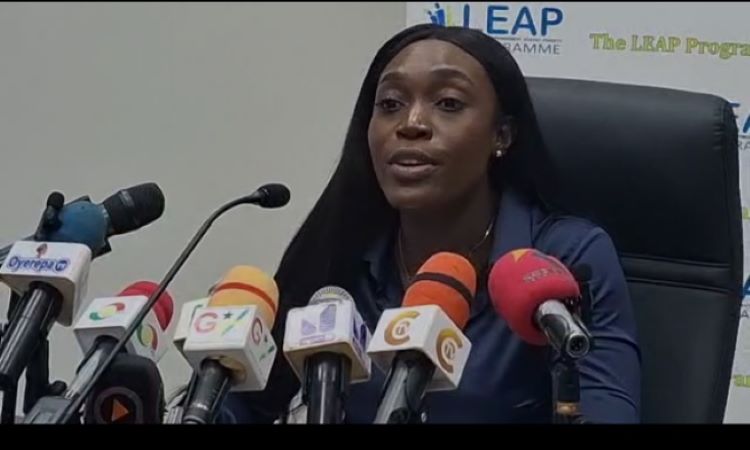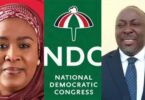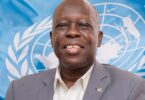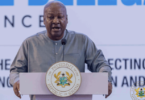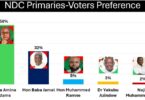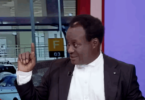Story By: Ishmael Barfi
The Ghanaian government has reaffirmed its commitment to promoting gender equality and empowering women, with the recent passage of the Affirmative Action (Gender Equity) Act, 2024.
This transformative legislation addresses systemic disparities in education, employment, and leadership, ensuring equal access to opportunities for girls and young women.
Meanwhile, Ghana’s Minister for Gender, Children, and Social Protection, Hon. Darkoa Newman, recently revealed shocking statistics on gender inequality in Ghana.
Speaking at the 2024 Annual Summit, she exposed that 38% of adolescent girls aged 15-19 face sexual abuse, and 20% of girls marry before 18, with rural areas being the most affected.
Ghana ranks 108 out of 146 on the 2022 Gender Inequality Index, and senior high school enrollment rates show a significant gap, with only 39% of girls enrolled compared to 45.6% of boys.
The Gender, Children, and Social Protection Minister attributed these disparities largely to financial constraints, cultural practices, and early pregnancies, which forced many girls to drop out of school.
To address the above issues, Hon. Newman emphasized that, the Affirmative Action (Gender Equity) Act, 2024, is an important and critical framework aimed at bridging these gaps and ensuring equal access to opportunities for girls and young women.
The 2024 MOPGCSP Summit held on 20th-21st November 2024 in Accra under the theme: “Promoting Equality and Inclusive Development through the Affirmative Action (Gender Equity) Act, 2024,” seeks to address systemic disparities in education, employment, and leadership by fostering collaboration between government, civil society, and the private sector.
The summit aims to raise awareness of the Affirmative Action Act 2024 while promoting strategies to integrate marginalized groups into leadership and decision-making roles.
To achieve the goal and purpose of the Affirmative Action Act, Hon. Newman reiterated her commitment to creating an inclusive future, emphasizing that, “Together, we can build a Ghana where every vulnerable person, especially women and girls, has the opportunity to reach their full potential.”
She therefore called on stakeholders, the private sector, and partners to join the government to safeguard the development and welfare, hence the future of the Ghanaian Child.
Source: www.thenewindependentonline.com


